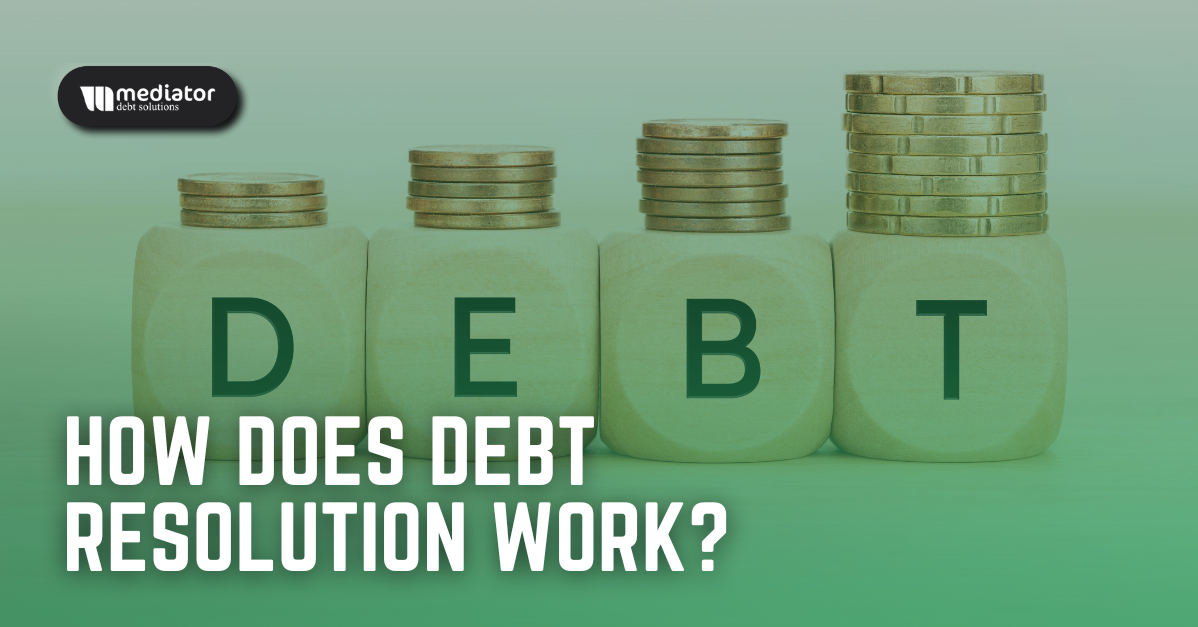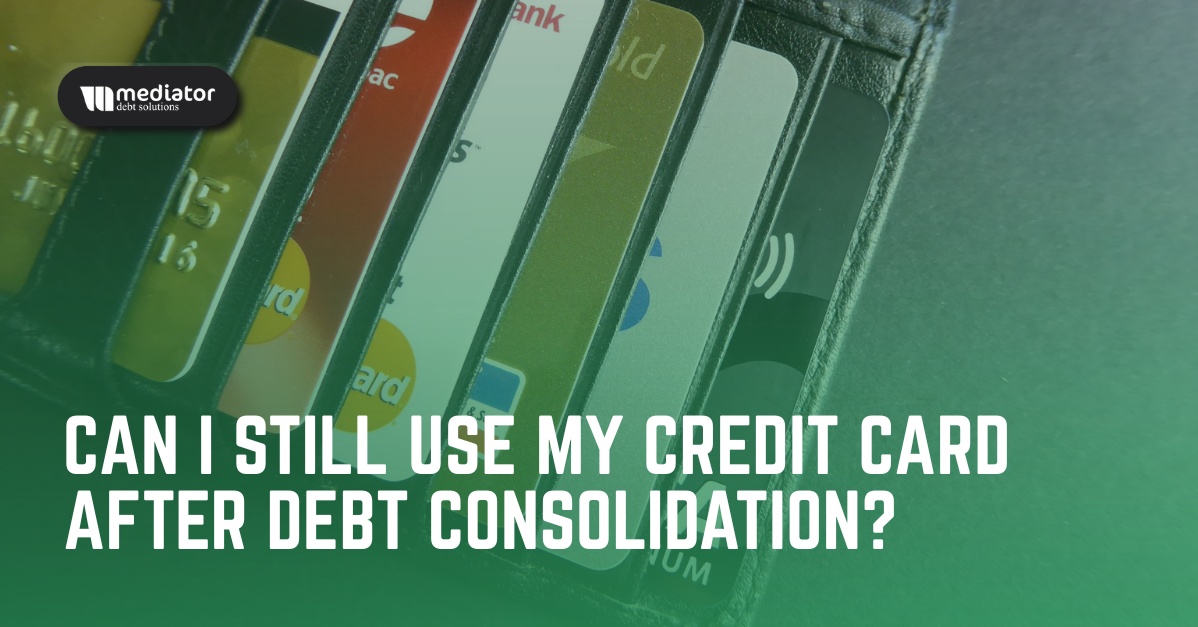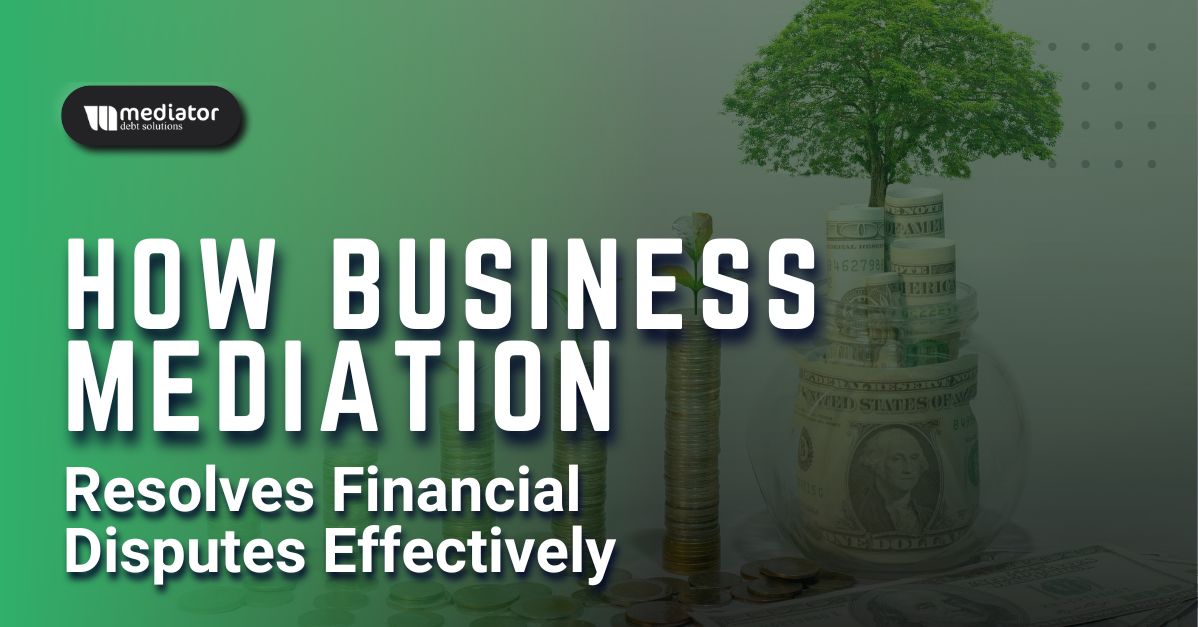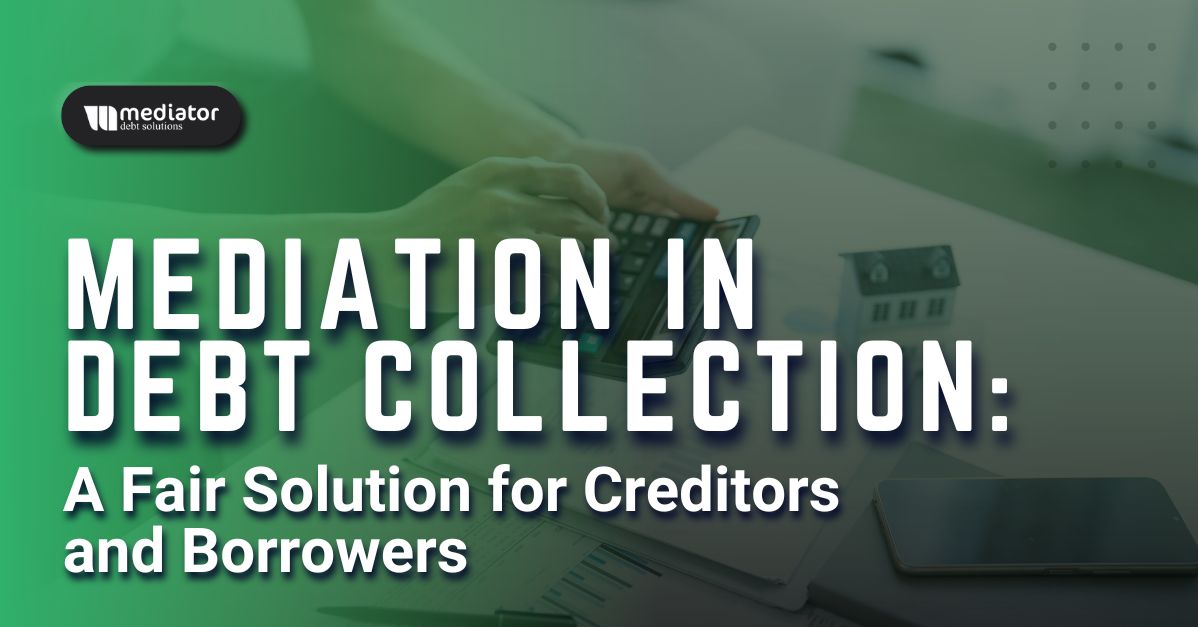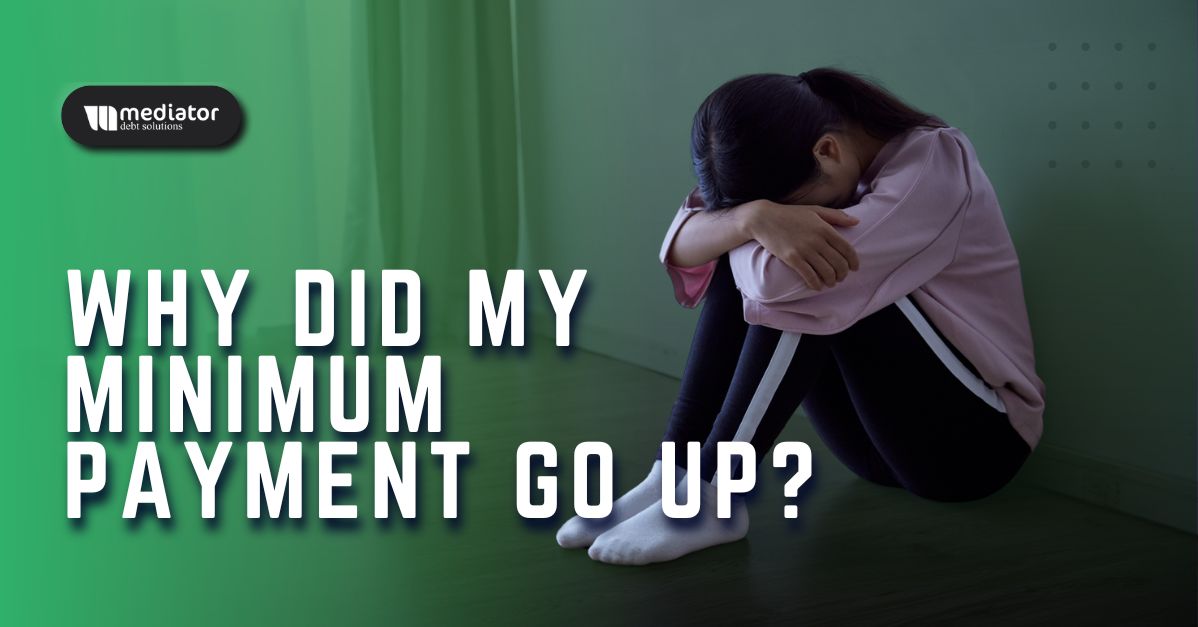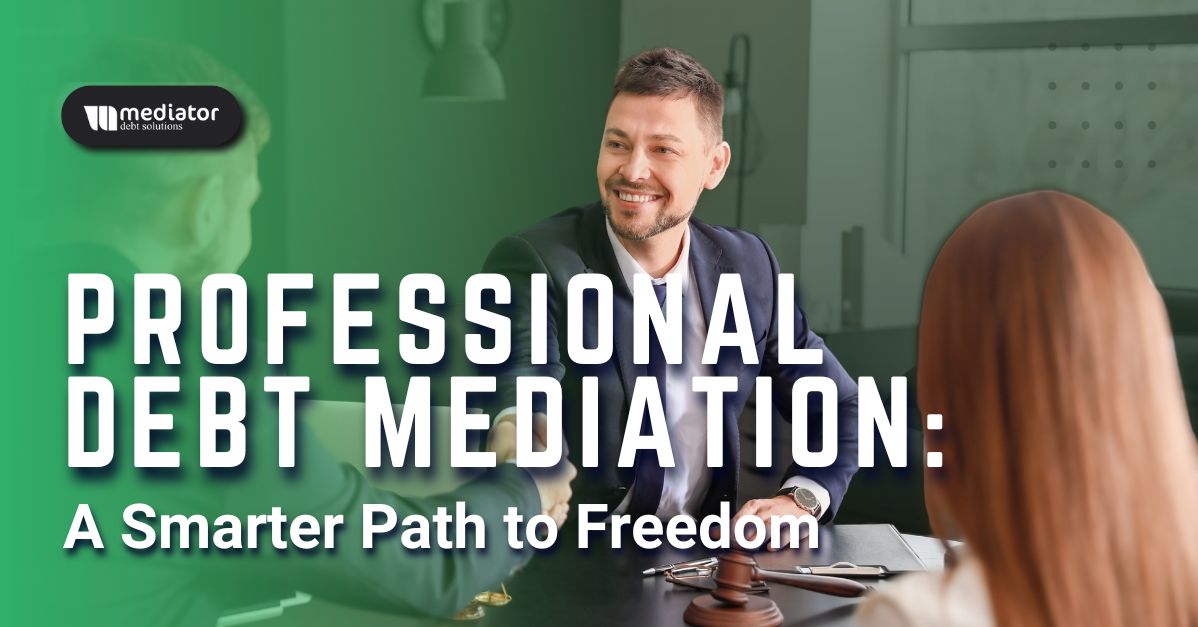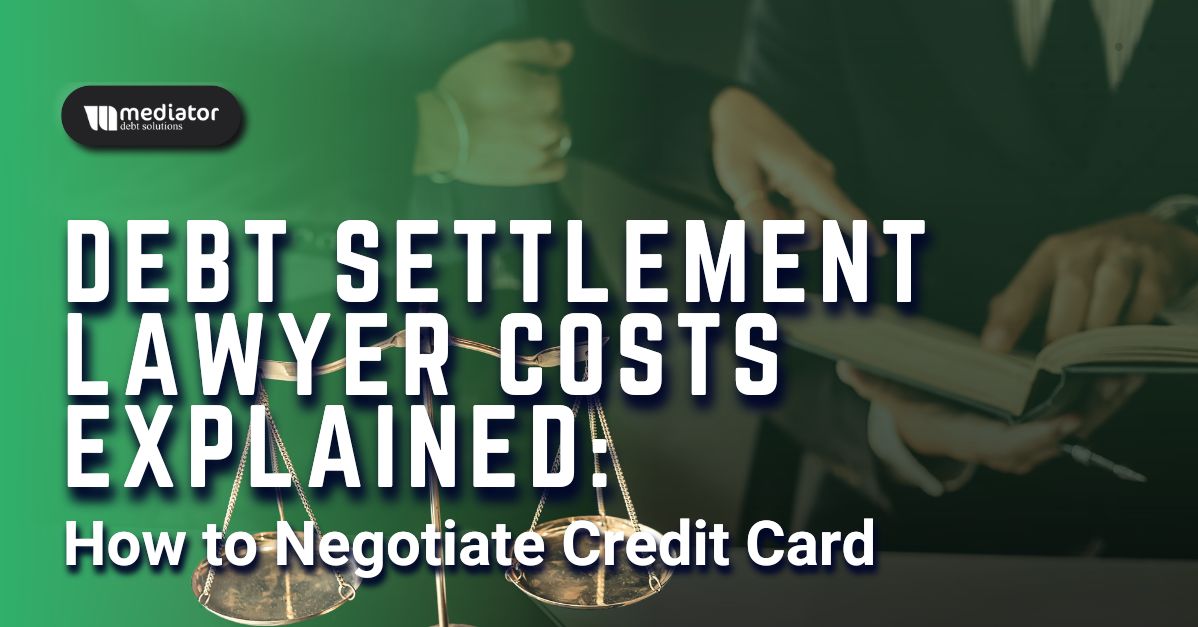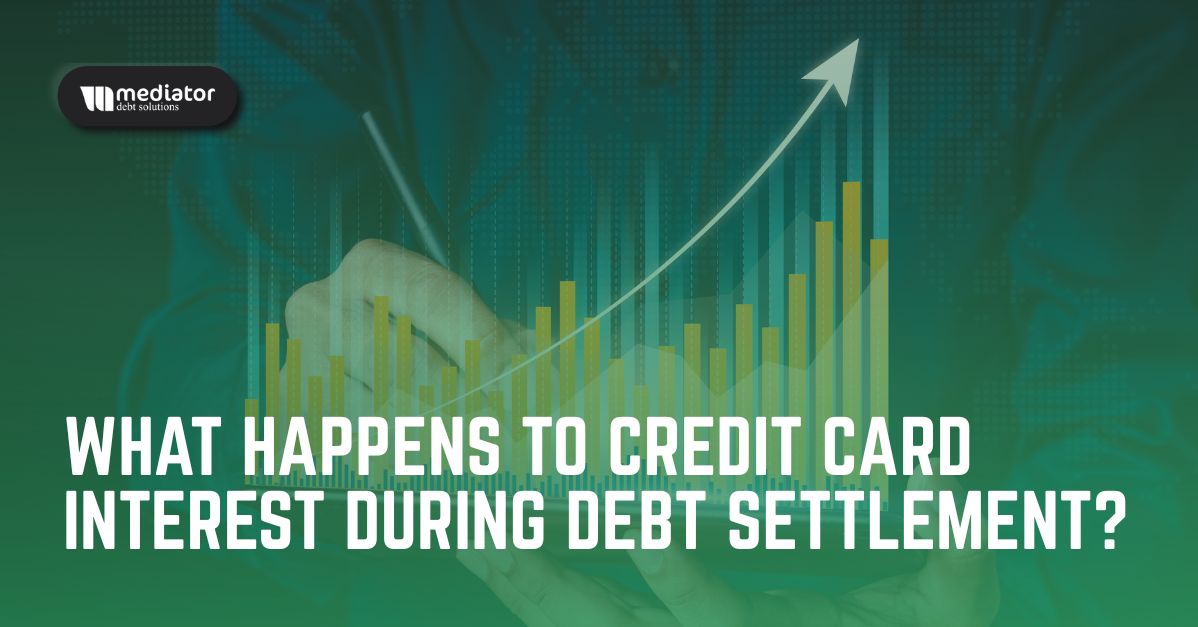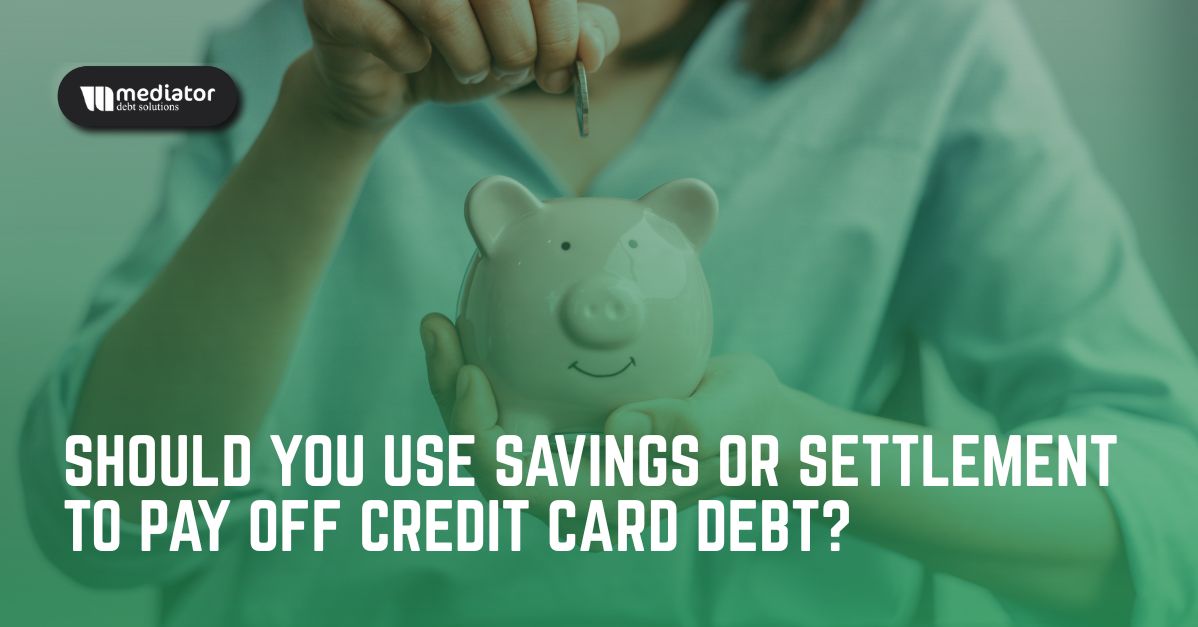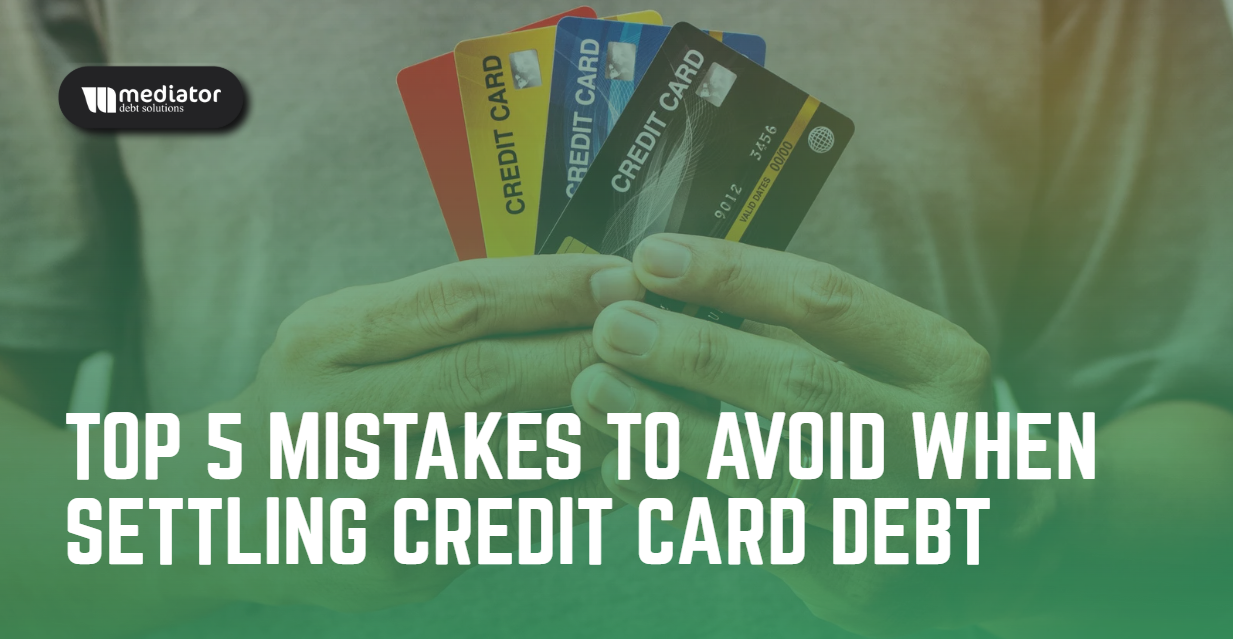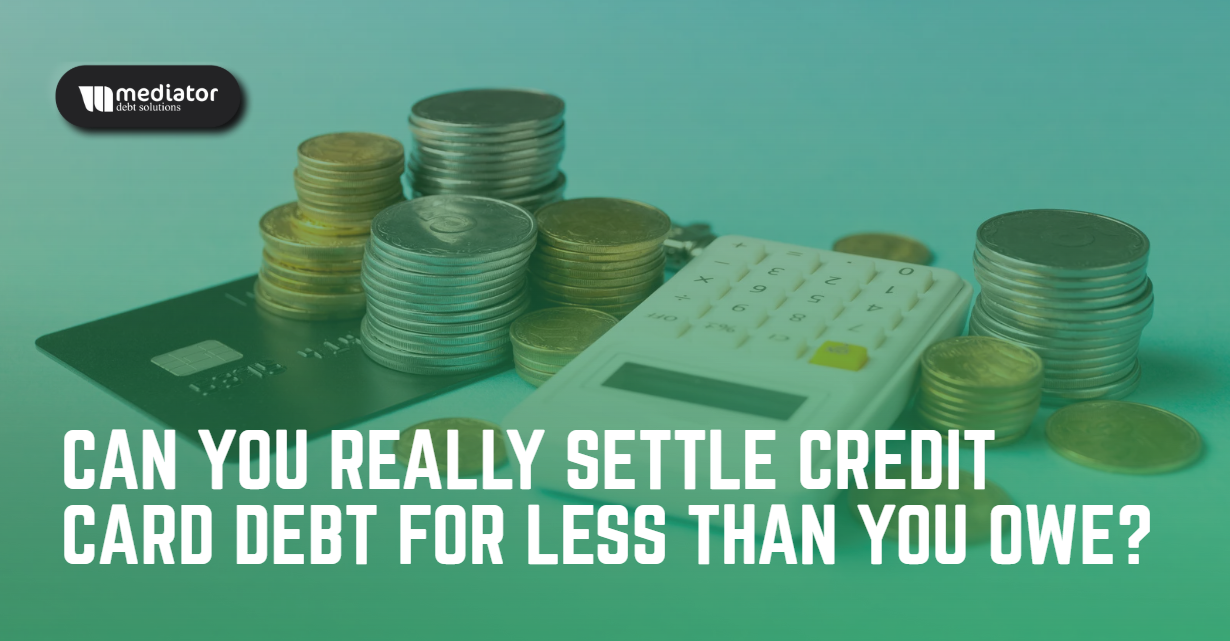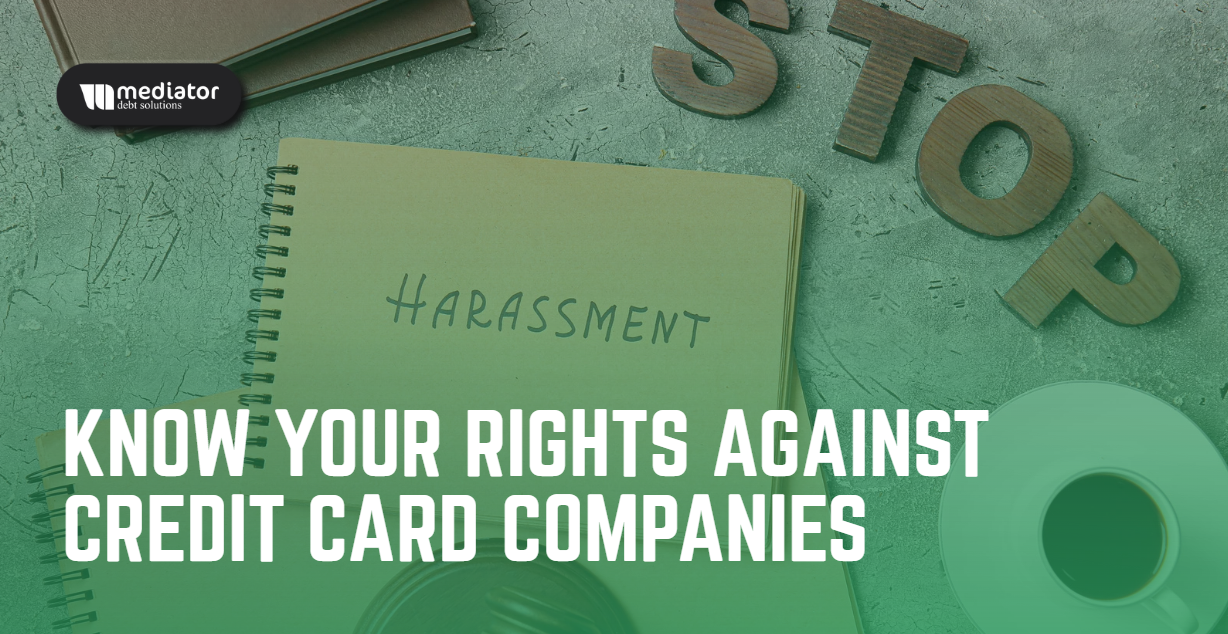When overwhelming debt becomes too much to handle, debt resolution offers a clear and structured path toward financial relief. Instead of facing endless creditor calls or mounting interest rates, debt resolution helps you take control through professional negotiation that can reduce what you owe and restore your financial peace.

So, how does debt resolution work exactly? It’s a process where professionals or mediators negotiate with your creditors to reduce the total amount you owe. The goal is to settle debts for less than the full balance while stopping additional interest and collection actions. Debt resolution differs from other financial programs in key ways, as debt consolidation combines multiple debts into a single payment but the balance remains the same, debt settlement can overlap with resolution but often focuses on aggressive lump-sum negotiations, and debt resolution takes a structured, often attorney-supervised approach that prioritizes strategy and protection under the law.
The process begins with a free consultation, where you meet with a professional or attorney to review your financial situation and determine eligibility. Then comes the enrollment and assessment, during which your debts are listed and a personalized resolution plan is created. In the negotiation phase, your representative begins discussions with creditors to reach reduced payoff agreements. Once settlements are reached, you make structured payments according to the negotiated terms, and after debts are paid off, you receive confirmation, often resulting in improved financial stability.

Working with a professional mediator or legal team can make the process smoother and safer. Lawyers who specialize in debt resolution ensure that your rights are protected and that creditors comply with fair collection laws. They can also provide advice on avoiding future financial pitfalls. At Mediator Law Group, clients receive expert support from start to finish, ensuring that every negotiation is handled with precision and care. This attorney-led approach often results in faster settlements and better outcomes.
Debt resolution typically takes 24 to 48 months, depending on your total debt amount and your ability to make consistent payments. Many clients achieve significant reductions, sometimes paying only 50 to 70 percent of what they originally owed.
(Insert Image 3: Happy couple celebrating after clearing their debts.)
If you’re struggling with high balances or constant creditor pressure, it’s time to explore your options. Contact Mediator Law Group today for a free consultation and discover how debt resolution can help you move forward with confidence. For more on financial wellness, visit the Federal Trade Commission’s guide to dealing with debt.
FAQs
The goal is to negotiate with creditors to reduce the total balance owed, allowing you to pay off your debts faster and for less than the original amount.
Most programs last between two and four years, depending on the amount of debt and your monthly payment capacity.
Yes, it may temporarily lower your score, but as debts are settled and paid off, your credit can recover over time.
Debt resolution avoids court involvement and allows you to settle debts voluntarily, whereas bankruptcy is a legal filing that can have longer-lasting credit impacts.
While possible, professional mediators or attorneys often achieve better results and ensure your legal rights are protected throughout the process.

